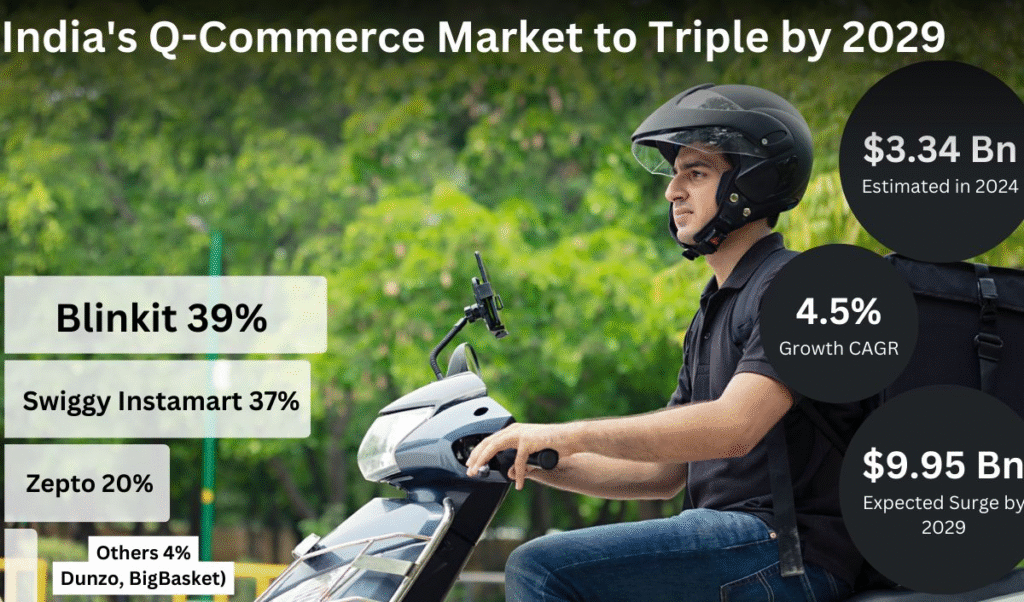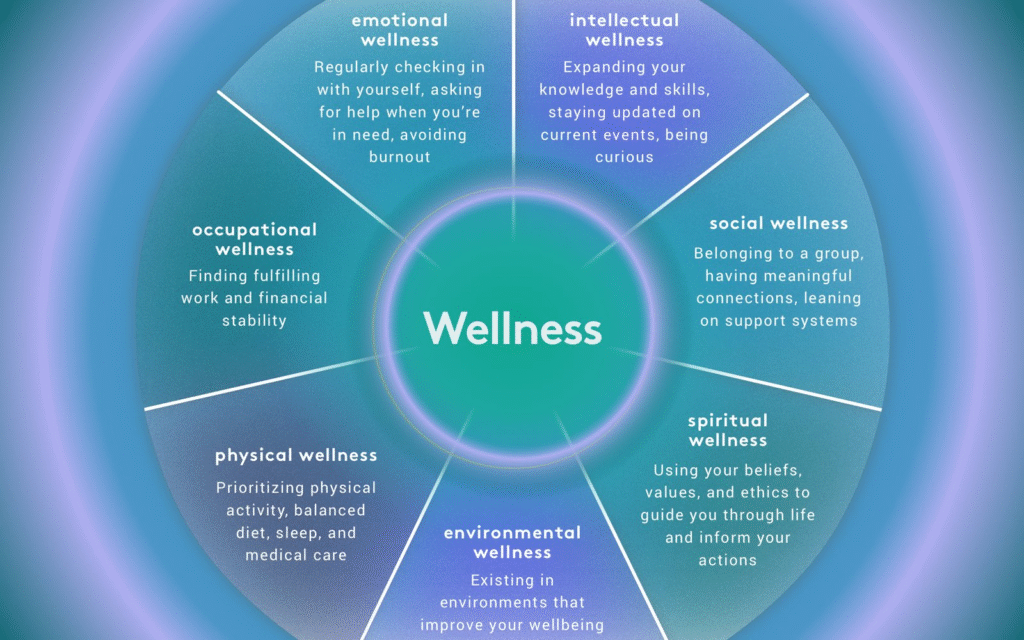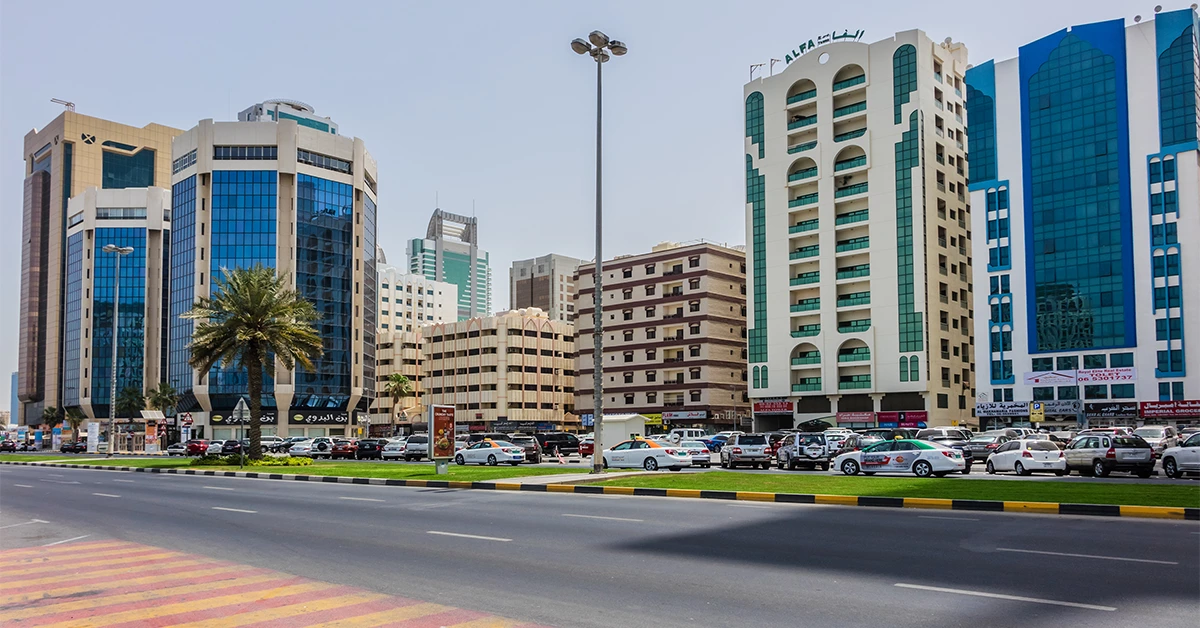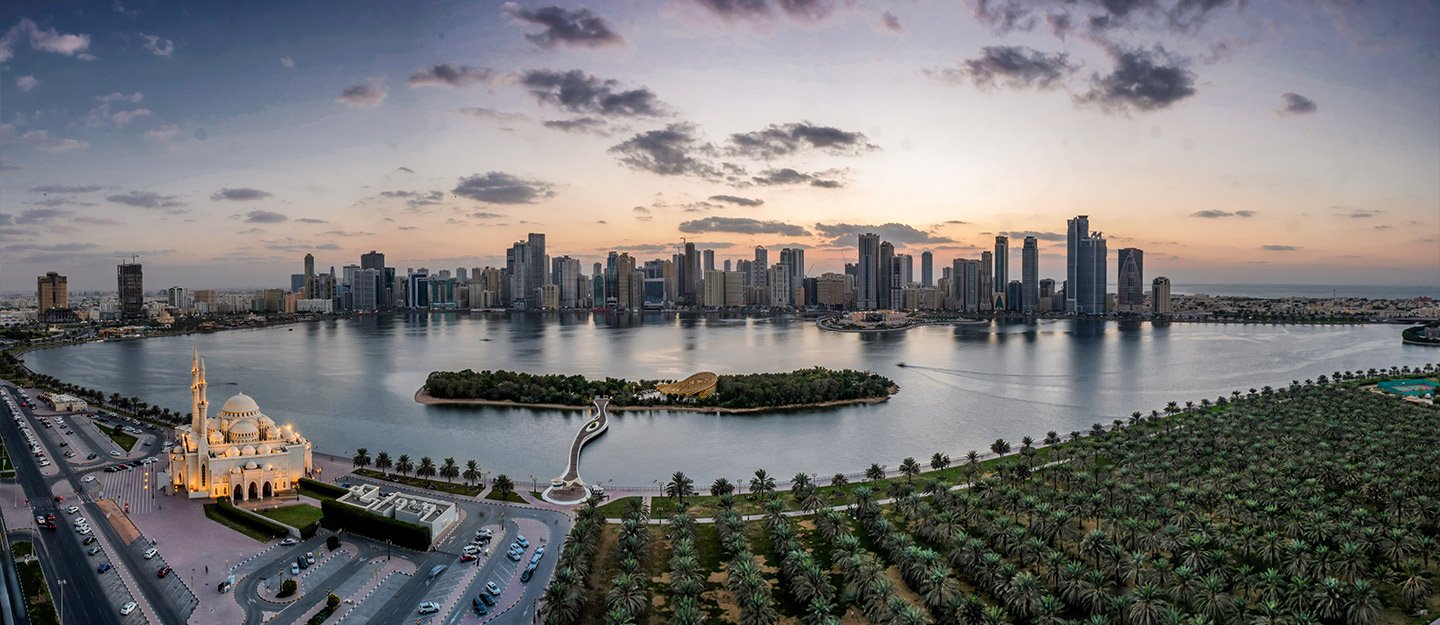Now Reading: Unlocking the Future: Dubai’s Top Consumer Trends for 2025
-
01
Unlocking the Future: Dubai’s Top Consumer Trends for 2025
Unlocking the Future: Dubai’s Top Consumer Trends for 2025

Table of Contents
Dubai, a city renowned for its opulence and innovation, is witnessing a transformative shift in consumer behavior in 2025. As the city continues to evolve, understanding these emerging trends is crucial for businesses aiming to stay competitive and relevant in this dynamic market.
1. Digital Transformation and AI Integration

Dubai’s consumer landscape is increasingly influenced by digital advancements. The proliferation of smartphones and the integration of artificial intelligence (AI) have revolutionized shopping experiences. Consumers now expect personalized recommendations, instant customer service through chatbots, and seamless online-to-offline transitions.
The rise of social commerce platforms has further amplified this shift. Platforms like Instagram and TikTok are not just for social interaction but have become significant retail channels. Brands are leveraging these platforms to engage with consumers, showcase products, and facilitate direct purchases, tapping into the vast potential of digital audiences.
2. Sustainability: A Core Consumer Expectation

Sustainability has transitioned from a niche concern to a central expectation among Dubai’s consumers. In the luxury retail sector, brands are adopting eco-friendly practices, from sustainable sourcing of materials to reducing carbon footprints in store operations.
This shift is not limited to luxury goods. Across various sectors, consumers are increasingly favoring brands that demonstrate a commitment to environmental responsibility. Whether it’s through recyclable packaging, ethical sourcing, or energy-efficient operations, sustainability is becoming a decisive factor in purchasing decisions.
3. Rise of Gen Z and Experience-Driven Consumption

Gen Z, now accounting for over 30% of Dubai’s consumer base, is reshaping market dynamics. This demographic values authenticity, speed, and sustainability. They expect brands to prioritize transparency and ethical practices, driving a shift in marketing strategies.
Moreover, Gen Z’s affinity for digital experiences is evident. They are not just consumers but active participants in virtual environments, engaging with brands through the metaverse and exploring digital assets like cryptocurrencies. This trend underscores the importance of integrating digital and physical experiences to cater to this tech-savvy generation.
4. The Surge of Q-Commerce

Quick commerce, or Q-commerce, is gaining momentum in Dubai. Consumers are increasingly seeking ultra-fast delivery services, with expectations of receiving products within two hours. This demand is prompting businesses to streamline their logistics and adopt technologies that facilitate rapid fulfillment.
The convenience of Q-commerce is particularly appealing to urban dwellers with busy lifestyles. Retailers are responding by optimizing their supply chains, investing in local warehouses, and partnering with delivery platforms to meet the growing demand for speed and efficiency.
5. E-Commerce and Mobile-First Shopping

E-commerce continues to thrive in Dubai, with a significant portion of consumers preferring to shop online. The mobile-first culture is prominent, with a large percentage of online shoppers using smartphones for their purchases.
Retailers are adapting to this trend by enhancing their mobile platforms, ensuring user-friendly interfaces, and integrating secure payment options. The emphasis is on providing a seamless shopping experience that aligns with consumers’ on-the-go lifestyles.
6. Local Support and Community Engagement

There’s a noticeable shift towards supporting local businesses. Consumers are increasingly inclined to shop at local retailers, surpassing the global average in this regard.
This trend reflects a desire to foster community connections and support the local economy. Businesses that engage with their communities, offer locally sourced products, and participate in regional initiatives are likely to build stronger brand loyalty and trust among consumers.
7. Health and Wellness Prioritization

Health consciousness is at the forefront of consumer priorities. Clean-label foods, dietary supplements, and fitness-related products are in high demand. Consumers are more informed and selective about the products they choose, favoring those that align with their health and wellness goals.
Retailers are responding by offering a wider range of health-focused products, providing transparent information about ingredients and sourcing, and promoting lifestyles that emphasize well-being.
8. The Influence of Social Media and Viral Trends

Social media platforms continue to play a pivotal role in shaping consumer behavior. Viral trends, often originating from platforms like TikTok and Instagram, can significantly influence purchasing decisions.
For instance, the Dubai chocolate craze, which began with a viral creation, expanded into various confections and gained global attention.
Brands are increasingly leveraging these platforms to launch products, engage with consumers, and capitalize on trending topics to boost visibility and sales.
9. Omnichannel Retail Strategies

Consumers expect a seamless shopping experience across various channels. Omnichannel retail strategies, which integrate online and offline touchpoints, are becoming essential for businesses aiming to meet consumer expectations.
Retailers are investing in technologies that enable inventory synchronization, personalized marketing, and consistent customer service across platforms. The goal is to provide a cohesive experience that allows consumers to interact with brands in multiple ways, whether online, in-store, or through mobile applications.
10. Luxury and Lifestyle Integration

Dubai’s luxury market is expanding, with consumers seeking products that blend opulence with functionality. There’s a growing preference for items that not only offer prestige but also enhance lifestyle experiences.
This trend is evident in various sectors, including fashion, automotive, and real estate. Brands are curating offerings that cater to the aspirations of consumers who desire both luxury and practicality.
Conclusion
Dubai’s consumer landscape in 2025 is characterized by a blend of digital innovation, sustainability, and evolving consumer preferences. Businesses that understand and adapt to these trends will be well-positioned to thrive in this dynamic market. By embracing technology, prioritizing sustainability, and staying attuned to consumer needs, brands can build lasting relationships and achieve sustained growth in Dubai’s competitive environment.
Do Follow Estate Magazine on Instagram
Read More:- Top 10 Property Brokers in Dubai You Need to Know Now



















